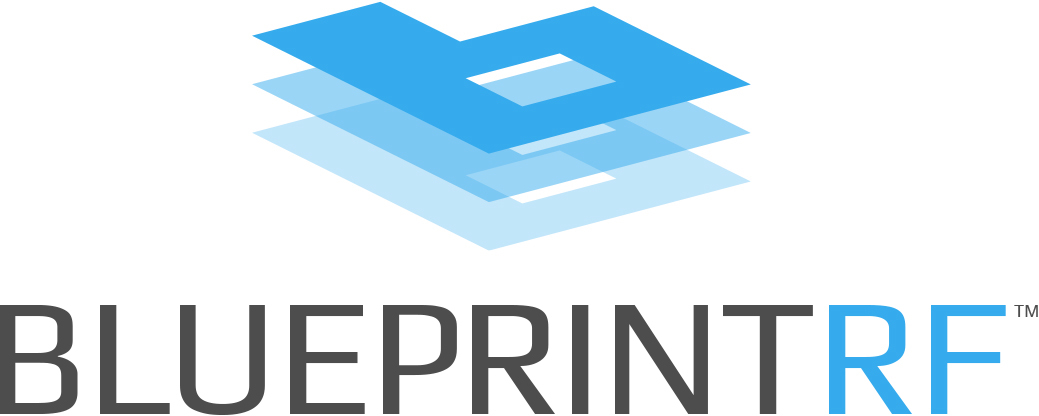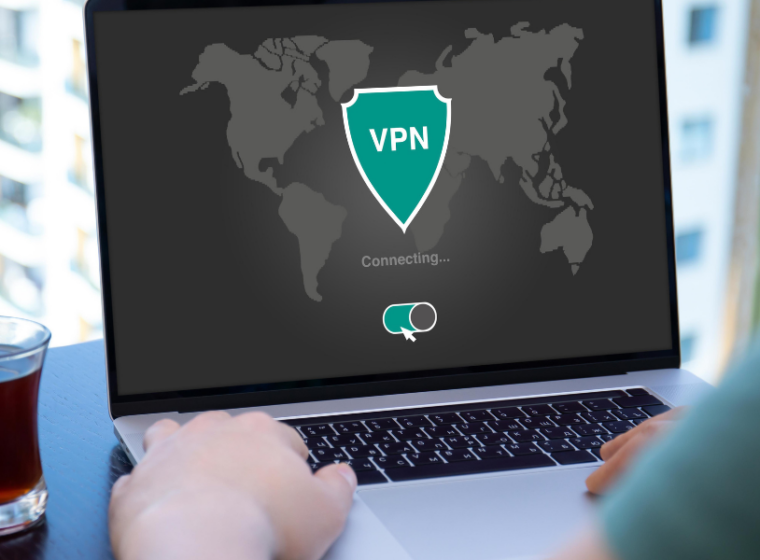Are your guests concerned about hotel WiFi security and privacy? Travelers want convenience. But, it’s expensive and time-consuming to monitor data breaches or, worse, fraudulent activity. As more consumers use data tracking tools, their awareness about cybersecurity grows.
Secure websites using HTTPS soothes some worries. Yet, customers also want to know their data is safe on your hotel network. Recent data from Symantec finds, “67% of hotel websites are leaking guests’ booking and personal details.” Solutions must protect your information while improving customer experience.
Network security helps your guests feel comfortable and trust your hotel. Invoking this feeling is a critical step towards repeat guests, good reviews, and positive interactions. Ease the concerns of hotel visitors with clear communications about your WiFi system.
Hotel Guests Security and Privacy Concerns
Hotel guests insist on free WiFi. But, they also ask questions about their online security and privacy. Travelers want to feel like they’re at home. This includes feeling safe while video chatting or transferring business documents. Top questions from hotel guests include:
- Is hotel WiFi safe for banking?
- Can hotels see what websites you visit on WiFi?
- Is hotel WiFi safe for iPhones?
- How can I stay safe on hotel WiFi?
- Is VPN secure over public WiFi?
Alleviating your guest’s cybersecurity concerns is vital for your hotel’s reputation. It also affects their comfort and satisfaction. Start with a safe, managed WiFi company, and use best practices to secure customer data. Then, create a seamless customer experience.
Hotel WiFi Security and Privacy Best Practices
Many hotels use two networks in their hotel. Having a system for staff and a separate one for guests works well for a couple of reasons. First, it protects your operations and data by limiting the number of users and types of access. But, it also helps you identify threats. For example, if issues pop up on your guest WiFi, it won’t harm the critical functions of your hotel.
Creating a role-based access control (RBAC) system is your best line of defense. This assigns roles to registered guests. For many hotels, this includes a login with the guest’s room number and last name. You may also provide different levels of access, like a business or family plan. Or you may upsell premium WiFi as part of your loyalty rewards or as an add-on feature. Doing so helps you allocate bandwidth and keep only authorized users on the network.
Hoteliers also create acceptable use policies (AUP) for staff and guests. But, the successful use of your guidelines stems from an awareness campaign. Not all guests read or understand complicated policies. Lastly, it’s essential to invest in hotel WiFi solutions that provide analytics and proactive monitoring. A trusted partner protects your connection and reputation by:
- Using firewall solutions with reporting tools to identify rogue activity
- Enabling all security features on your equipment
- Installing patches for vulnerabilities regularly
- Ensuring top security levels for all WiFi routers
Ease Guest Concerns About Hotel WiFi Security and Privacy
Your guests may prioritize concerns differently. Regardless, no one wants to worry about stolen data. Share details about WiFi security and privacy while branding each guest experience, from FAQs to your WiFi login webpage. Consistency and clarity increase trust in your hotel. Plus, listening and responding to customer concerns helps you exceed guest expectations.
Provide Best Use Guidelines for Guests
Let’s face it. Few people read the entire AUP. They use the internet just like they would at home. Bring awareness to your policy and best use guidelines. Create print and digital materials to address personal and business concerns. Suggestions for your website or hotel check-in include:
- A handout that answers basic WiFi questions
- An infographic on keeping children safe online
- Information about HTTPS sites or VPNs
If you offer premium or business WiFi, then share relevant information. Business customers may want data about speed along with extra security measures. Reassure their fears while also helping guests recognize and prevent WiFi safety issues.
Give Clear Instructions for Logging Into Your Hotel WiFi
Within minutes of checking in, your hotel guests are logging into your WiFi. Keep the process safe and simple. Start by listing your official WiFi address in more than one spot. For example, note your WiFi address on check-in paperwork and printed materials in the hotel room. Improve access and experience by:
- Making each touchpoint easy to understand with simple language
- Using the same branding across print and digital WiFi assets
- Creating an intuitive login page
Clear communication extends to your staff. Hospitality crews should understand WiFi service basics. Develop templates for helping your team answer questions. Doing so builds guest confidence in your hotel brand.
Provide an Easy-to-Read Privacy Statement
Consumers want brands to provide information about the data they collect and how they use it. Hidden or fine print privacy notices meet general standards. But, recent legislation may signify possible changes at the federal level. Get a head start on transparency:
- Share how you collect data and how you use it
- Stay current and compliant with guidelines
Break your statement into a quick message with its key points. Include this information and a link to your privacy policy on several guest touch points.
Boost Confidence in Your Hotel WiFi Security and Privacy
Concerns about data protection and online safety worry travelers. Investing in a secure WiFi solution and communicating with guests ease their fears. Instill trust and deliver on your safety and privacy policies. A solid plan protects guest data, builds brand credibility, and improves customer experience.









